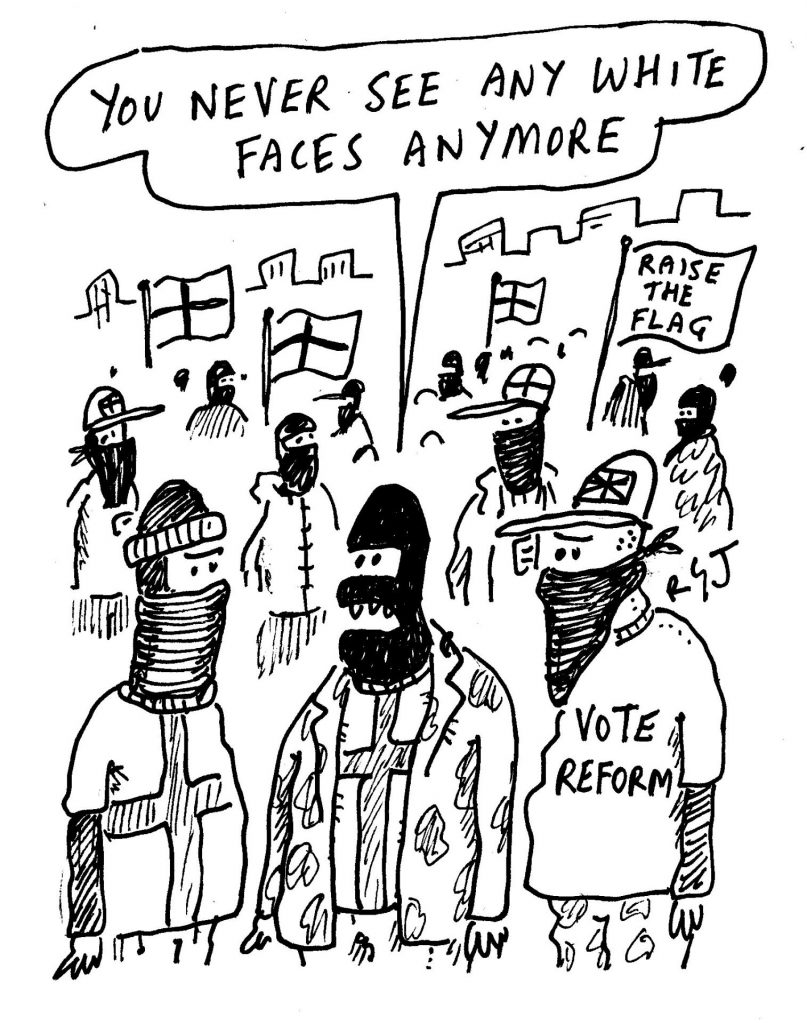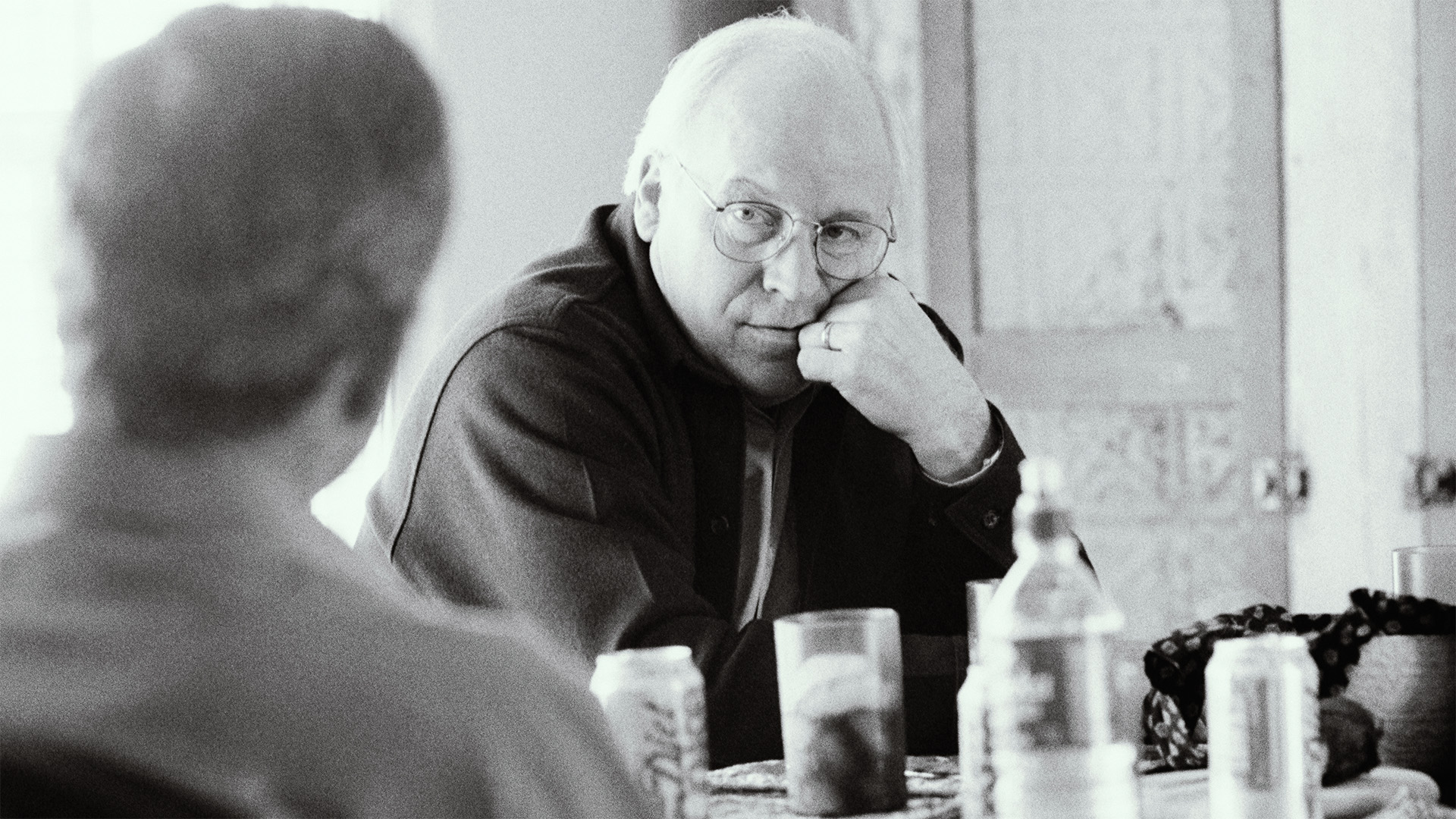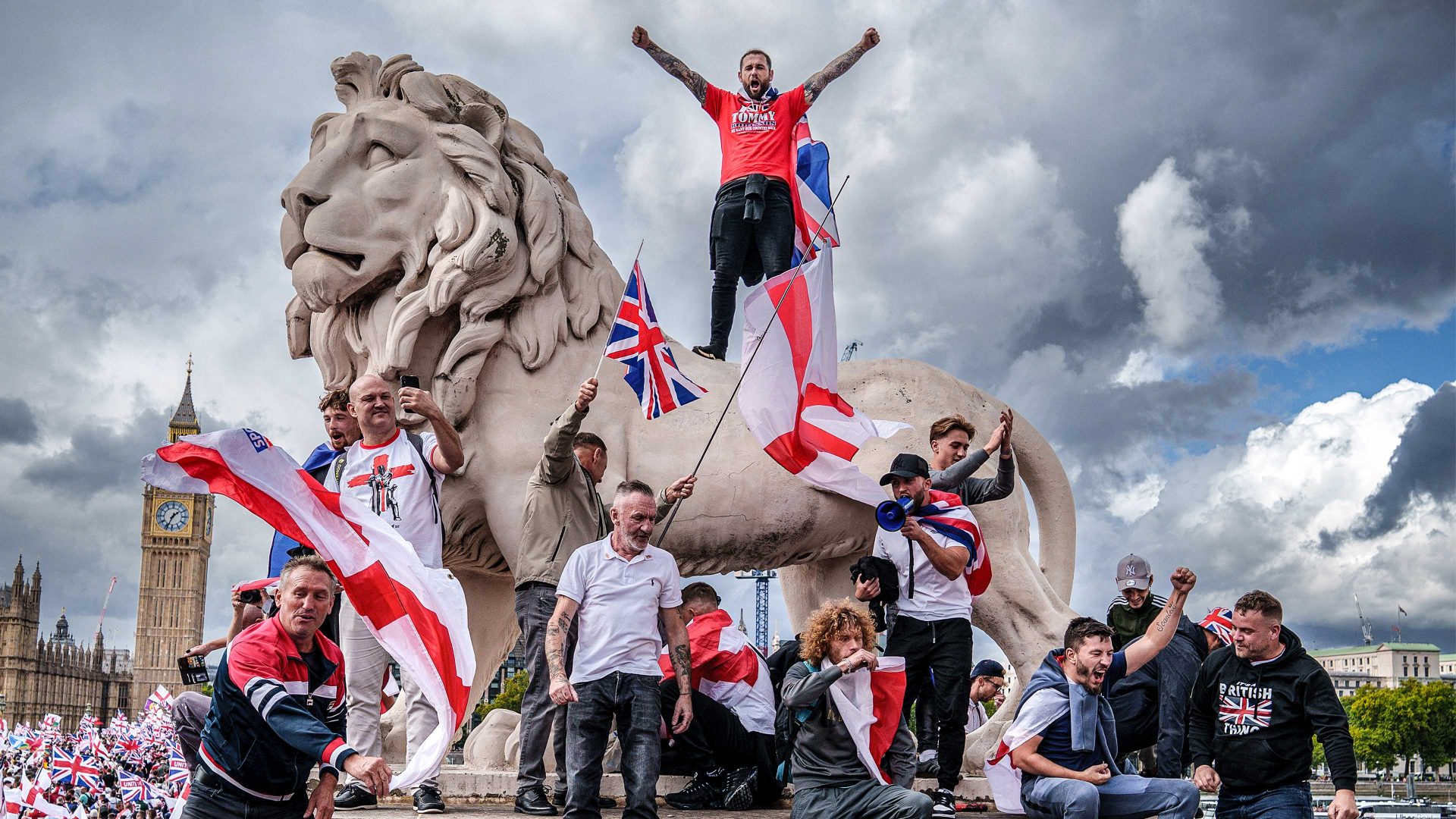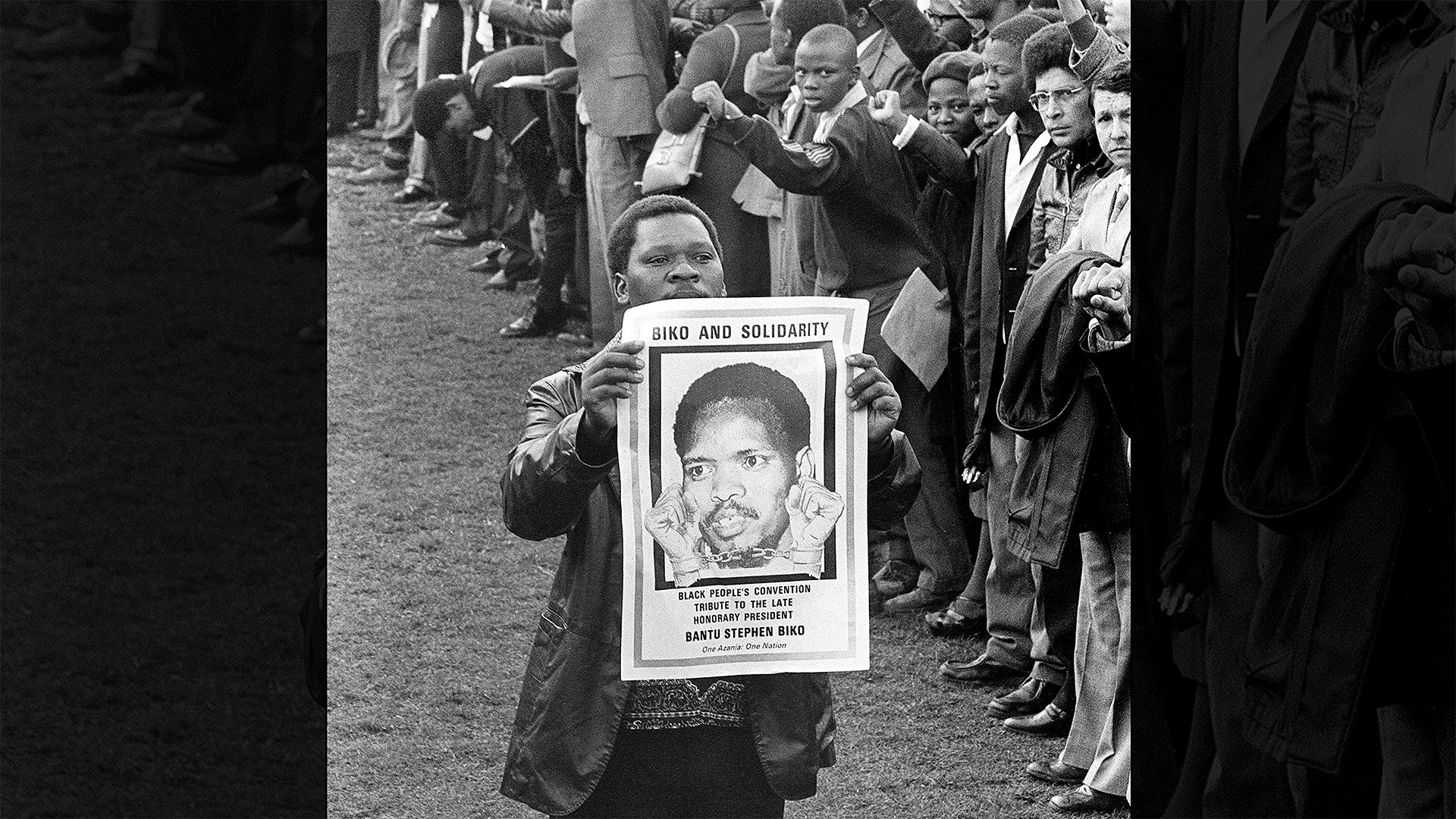These days I tend to learn of the death of politicians from TV and radio station bookers phoning to ask if I can get myself in front of a microphone ASAP to do a quick interview about them. So it was with former US vice-president Dick Cheney, who died last week, aged 84.
In the end, I decided against, feeling that while I had known him, there were plenty of other people, mostly Americans, who would do a better job of explaining who he was and why he mattered. But in making that decision, I did make a quick visit to the index of my diaries, to check out the Cheney references.
“If he was a Brit,” I noted of our first meeting in Washington, “you’d say total Tory.” After another meeting, when foreign secretary Jack Straw and I met Cheney at the White House, I wrote that “he had cold, slightly menacing body language, listened very intently without giving much away.”
By far the most consequential of the Cheney meetings was at Camp David in September 2002, when George W Bush basically enlisted Tony Blair’s help in seeking to persuade his reluctant No 2 that it was worth trying to get a fresh UN resolution for action against Saddam Hussein.
At one point Bush asked me why I felt there was so much anti-Americanism in the world, and I said that when they talked about democratisation, all too often people felt they meant Americanisation. Not the most controversial statement I’ve ever made, but: “Cheney looked pissed off and said ‘you mean we shouldn’t talk about democracy?’” The body language was more than slightly menacing this time. “Cheney looked very sour.”
At the time, we felt that Cheney had taken the Republican Party well to the right of Ronald Reagan, who in turn had been to the right of Richard Nixon before him. None of us, neither Brit nor American, surely imagined that we would look back on Bush as moderate, compassionate and reasonable compared with what followed; that Cheney and his daughter Liz would become symbols of resistance against all things Trump, that they would vote for Kamala Harris, and that Trump would decide that one of the most consequential figures in modern American and Republican history did not even merit a post on social media upon his death, nor any other comment.
In Trump’s eyes, he was a non-person, because he had failed to bow down, which is pretty much his driving judgement about everyone. Narcissism rules OK.
I did agree to do a Radio 4 phone interview on news that for the first time, diaries – those of Australian Helen Garner – had won the Baillie Gifford prize for non-fiction. Unfortunately, as I started to answer Evan Davis’ opening question, my ear must have somehow clicked on an open social media post, and on top of my voice came that of White House press secretary Karoline Leavitt.
“We seem to have a very dodgy line,” Evan apologised to listeners. Indeed we did.

As a general rule, my consumption of culture tends to be inversely related to my feelings about politics. The gloomier I am about the world, the more I reach for the arts. Happily, two of my favourite singers were performing in London last week, and I was lucky enough to see both of them.
Stacey Kent is an American jazz singer who also speaks, and sings in, flawless French, and who dedicated one of the songs she played at Ronnie Scott’s, by my all-time favourite Jacques Brel, to me. Though I confess to having a large ego, I am nonetheless much better at giving compliments than receiving them, so was blushing as Stacey announced that “Alastair Campbell is in the house” and delivered a paeon of praise to my politics, my podcast, my partner Fiona, and even our dog, as a result of a video I had posted earlier of Skye re-arranging cushions on the sofa to her very particular satisfaction. If I may return the compliment, I would give absolutely anything to be able to sing as beautifully as she does.
Julie Fowlis, a folk singer from North Uist in the Outer Hebrides, also sings in two languages, Gaelic and English. If you want a nice easy introduction to her work, check out her song, Lon-dubh. It means blackbird, and it is her take on the Beatles classic of that name. She sang it at the Cadogan Hall, the reception for it beaten only by her encore, during which she left the stage and came back armed with a set of bagpipes, which she plays as well as she sings.
The loudest laugh of the night, however, came when she introduced a song called Dòmhnall binn. Dòmhnall is the Gaelic word for Donald. Both my father and my older brother were called Donald, and it annoys me that their name is now forever associated not just with Disney’s duck, but now with the man whose Hebridean mum left for the US to make a new life, and sadly made Donald Trump.
“It’s a song about a man called Donald,” explained Julie, “who causes chaos wherever he goes.”
He’s so vain, as Carly Simon might say, he prob’ly thinks this song is about him…
A few months ago, I wrote here about the gay couple who own Keighley Cougars rugby league team, Ryan O’Neill and Kaue Garcia, who had seen an item on Channel 4’s Last Leg, about rugby league in Ukraine.
Ukraine’s head coach, Artur Martirosyan, was on the frontline, explaining to presenter Adam Hills not only that some of their players had been killed or injured, but that the war had created logistical and financial struggles for the sport, up to and including difficulties in sourcing kit for the international side he was determined to keep going.
I was a guest on the same show and before I had even left the studio, Ryan called to say that if I could put him in touch with Artur he would fund the kit and equipment they needed. Good to their word, he and Kaue designed, manufactured and then took the kit themselves to Ukraine. These are really good people.
Then, with the England-Australia series taking place, they invited Ukraine’s youth team over to Yorkshire last week, to train with professionals, do a bit of tourism, and also attend, as guests of the Rugby League, the final Ashes international at Headingley last Saturday.
So far, so splendid… then step forward wartime border bureaucracy. The young players made the seven-hour overnight train journey from Kyiv to the Polish border. There they learned that as a result of war-time legislation, additional certification was required for their accompanying adult to be allowed to leave Ukraine. Phone calls galore followed, but bureaucracy won.
Can you imagine what a dispiriting journey back that must have been, when they had been told not only that they had tickets for the match, but that they were even going to be meeting Aussie RL superstar Nathan Cleary?
I had been planning to go to Keighley to meet them as part of the week-long programme the Cougars had put together, and felt really sad on hearing the news they wouldn’t be coming.
Typically, Ryan and Kaue have decided the story must have a happy ending, and the trip is now being re-arranged for the spring. The Aussies will be long gone by then, but there will be a Cougars home game instead!
OK, not the best team in the world – that is definitely the Australians – but Ryan and Kaue are definitely among the best owners.




